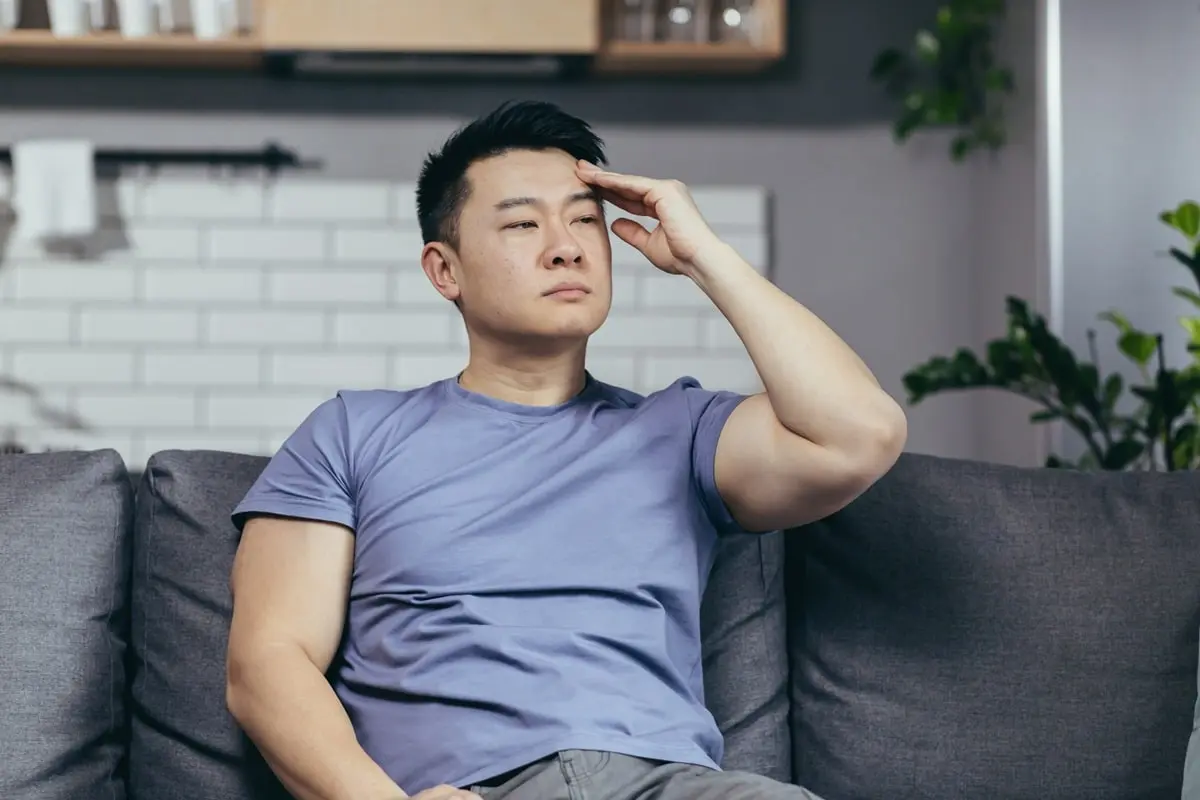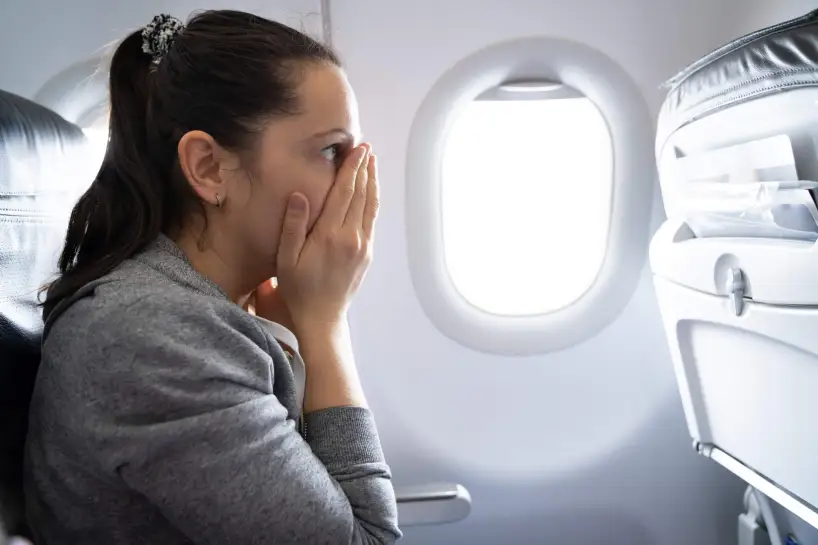Intense panic-like symptoms can be quite upsetting and scary. When does it make sense to go to urgent care for your anxiety?
First: Are You Sure It’s Anxiety?
You shouldn’t assume what you’re feeling is anxiety when it’s really something more dangerous. Sometimes the most useful thing about visiting urgent care is confirming whether symptoms are anxiety or a medical problem. This can be difficult to determine since anxiety symptoms and some medical symptoms overlap.
Physical symptoms of anxiety can include any of the following:
- racing heart
- quickened breathing
- trembling in extremities
- lightheadedness
- muscle tension
- feeling as if things aren’t real
- pounding heart
- hot or cold sensations
Some of the above symptoms could also be a sign of medical conditions such as cardiac problems, viruses, and other illnesses. Anxiety is not a medical emergency, but some of those other conditions can be. If you’re concerned that your symptoms stem from a medical illness, seek medical care.
Additionally, anxiety can be caused by medical conditions such as electrolyte imbalances, thyroid problems, and others. In these cases, treatment for anxiety would involve addressing the underlying medical cause.
Medications can cause severe anxiety as well. For example, anything containing caffeine (e.g., many weight loss pills, some versions of Anacin, Excedrin, and Midol) can cause anxiety. So can some migraine medications; decongestants; antihistamines; steroids such as cortisone, prednisone, and dexamethasone; albuterol; Dilantin; levodopa and carbidopa; and some thyroid medications.
RELATED: What Are Panic Attacks and What Causes Them?
What to Expect If You Go to Urgent Care with Anxiety Symptoms
You’ll likely be evaluated for urgent mental health problems (e.g., suicide risk, danger to self or others) and urgent medical problems. You’ll likely have your vitals checked; note that if you are having anxiety symptoms or a panic attack then your heart rate, respiration rate, and blood pressure will likely be higher than normal.
The urgent care staff will likely take a history of your symptoms. If they can’t find any medical cause for them, they may diagnose you with an anxiety or panic disorder, and refer you for further care. They may or may not give you a short term prescription and send you home.
If You Know It’s Anxiety
If you’ve already been diagnosed with an anxiety disorder and are sure that’s the cause of the current anxiety, then the considerations are different. Ask yourself what you hope to accomplish by visiting urgent care. Are you hoping to get a prescription for a fast-acting anti-anxiety medication? Are you hoping they’ll refer (or commit) you to inpatient care? Or do you just generally want help for what feels like an unsustainable level of anxiety?
Some of these hopes are more likely to be realized than others if you visit urgent care. It is entirely possible that you would be prescribed a fast-acting anti-anxiety medication, combined with a recommendation for continued care. It’s unlikely, however, that you would be sent to a hospital for anxiety alone. And it’s unlikely you’ll leave your urgent care visit feeling like you’ve made irreversible and substantial progress against anxiety.
How to Decide Whether to Go
The following questions are helpful to ask yourself if you’re unsure whether to go to urgent care or an emergency room:
How confident are you that what you’re experiencing is anxiety? If you’re concerned you may be having cardiac symptoms, this should certainly weigh in favor of going.
Have you been to urgent care or an emergency room for anxiety before? What happened?
What effects is your anxiety having on your life? Is it keeping you from sleeping for days on end? If so, this should also weigh in favor of visiting urgent care.
What are the downsides of going? Aside from the time and expense, are there other reasons to believe going to urgent care might be unwise?
Alternatives to Visiting Urgent Care for Anxiety
If you know what you’re experiencing is anxiety or panic and not a medical emergency, there are some alternatives to visiting urgent care or an emergency room.
Are you currently in treatment for anxiety? If so, do what your providers have suggested you do when your anxiety is acute. If you’re not sure what they would recommend, consider contacting them or scheduling a follow-up appointment.
One strategy that will sometimes help reduce symptoms of anxiety and panic is paced breathing. Physical symptoms of anxiety often involve quick, shallow breathing. If you are able to slow your breathing gradually, you can produce a decrease in anxiety. If you can slow your breathing down to even 10 breaths per minute (that’s six seconds per breath cycle), you may see some improvement.
Another short term strategy to manage acute anxiety is to engage your mind in something unrelated to anxiety, if possible. This can be as simple as talking to a friend or working on a household chore that needs to get done. Sometimes the short-term reprieve from anxiety these strategies offer can help a lot.
RELATED: Skills to Help Withstand Emotional Crises
After the Crisis Is Over

Panic and acute anxiety symptoms happen for a variety of reasons; most of them are treatable anxiety disorders that respond to cognitive-behavioral therapy, medication, or both. Make sure you don’t end up needing urgent care again by getting care from a prescriber (i.e., a psychiatrist, doctor, nurse practitioner) or a therapist.
Remember that anxiety is a very treatable condition. The treatments do not work instantaneously, however; they typically take months to have their effect whether it’s medications or cognitive-behavioral therapy. If that seems like too long, remember that without pursuing one of these longer-term solutions, you very well may be back in the same spot in a few weeks’ time.
It can be helpful to go to urgent care for anxiety, especially if you’re concerned your symptoms might be a medical emergency.
Subscribe to the Manhattan Center for Cognitive-Behavioral Therapy blog!










2 Comments